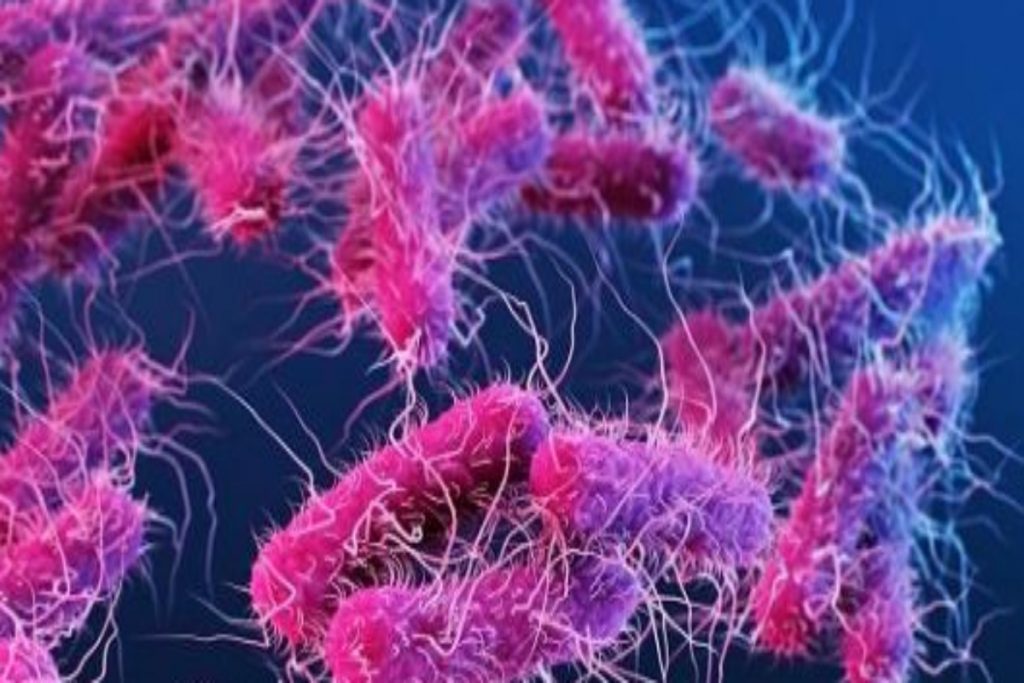New Delhi: A 16-year-old teenage girl is said to be dead after consuming chicken shawarma in a Kerala restaurant with 30 other people who were found to be infected with ‘Shigella bacteria’, a disease that causes stomach cramps, dehydration, fever, and bloody diarrhea.
According to officials, 30 people were admitted to the hospital in Kerala at ‘Kasaragod’. Also, restaurant owners and other personnel have been arrested. The report stated that the presence of bacteria in people was found after they consumed chicken shawarma.
Kerala high court has kept notice of this incident and requested a response from the state administration.
What exactly is Shigella?
Shigella bacteria cause an infection called ‘Shigellosis’. Usually in this disease, a person encounters headaches, diarrhea (sometimes bloody), fever, and stomach cramps. Usually, it lasts for 1-2 days.
People mostly recover without even taking antibiotics. Usage of antibiotics can slow down the spread after 2 days. Taking proper hygiene and washing hands frequently with soaps can protect you from this unwanted virus
When to contact a doctor
If you or your child notice blood in diarrhea or diarrhea then immediately contact the doctor. This situation can cause weight loss. Also, if you find a fever touching 101 F (38 C) temperature or higher than it.
Risk factors: Children mostly around 5 years are most prone than any age group.
Participating in group activities: Shigella is mostly spread in large crowded areas like nursing homes, jails, etc.
Lack of Sanitation: Place where there is no development and proper facility for sanitation.
Complications
Dehydration: Constant diarrhea can cause dehydration. Lack of irritation, dizziness.
Seizures: Some children with Shigella infection face seizures, seizures cause a high fever. It is not scientifically proven but if you have ever noticed this situation immediately visit the doctor.
Bloodstream infections: It can damage intestine linings.

